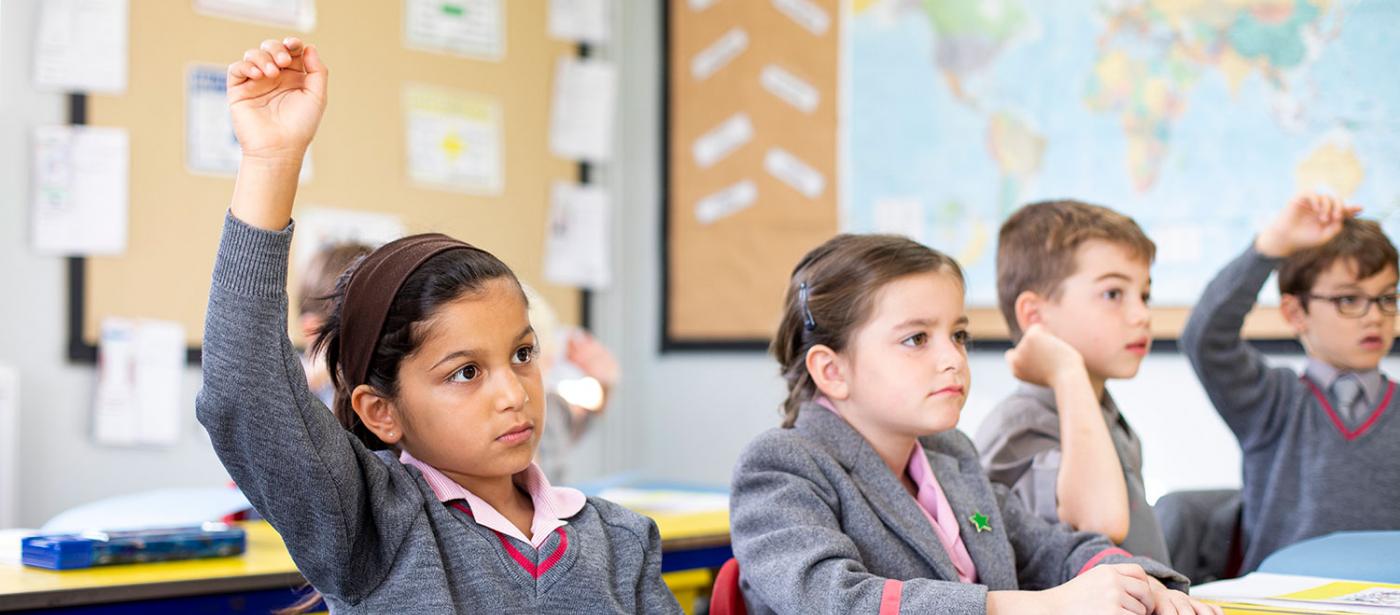Learning Skills
Through our diverse and engaging curriculum, we aim not only to acquire knowledge but also to foster ambition, resilience and kindness above all, and develop the key learning skills to build on these character strengths. This level of intellectual maturity is invaluable in later life.
Curious and Expressive
A love of learning and a will to discover is perhaps the greatest gift to a child, developing a character flexible and content in a quickly changing world.
Inclusive Leaders
The ability to both work in and lead a group are critical at the child’s next step school and beyond.
Independent and Reflective
Self-awareness, with the ability to assess oneself with a degree of impartially, is a great asset not only in education but also in adult life.
At West Hill Park, learning is an enriching and dynamic experience, meticulously tailored to the National Curriculum. Our innovative approach embraces a variety of teaching strategies that cater to every learning style, from physical and kinesthetic to visual. Central to our philosophy are the core learning skills we foster: independence, curiosity, leadership, expressiveness, reflection, and collaboration. Our lessons are thoughtfully designed to engage these skills, utilizing our extensive facilities, including well-resourced specialist classrooms, and expansive school grounds. Recognizing the unique needs of each child, our adaptable lessons ensure every student receives the personalized support necessary to thrive.
- Children learn when they enjoy lessons which are dynamic and interactive.
- Children learn if they are given time.
- Children learn through activity and first hand experience.
- Children learn through their senses.
- Children learn when given autonomy and independence.
- Children need to touch, examine, feel, weigh, measure, construct, build, discuss and experiment.
- Children learn through enthusiasm and interest.
- Children learn if they have the opportunity to express themselves physically, practically and emotionally and verbally.
- Children learn from practical apparatus and from games.
- Children learn from repetition.
- Children learn through interaction with others through cooperation, exchanging ideas, listening, helping each other, testing and trying things out.
- Children learn through taking risks and being allowed to make mistakes and reflecting on those mistakes.
- Above all they learn when they are happy and motivated in well-managed secure environments both indoors and outside.


